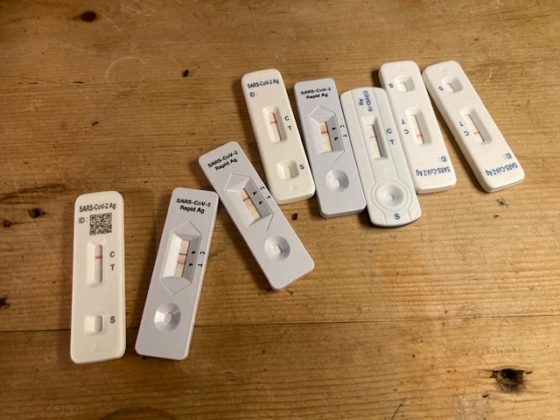People with low incomes 2.5 times more likely to die from Covid than the rich


People living in institutional care were the most vulnerable to dying from coronavirus during the first year of the pandemic, but in the population at large, people with low incomes were 2.5 times more likely to die than the highest income group, national statistics office CBS said on Tuesday.
The coronavirus pandemic in the Netherlands began in the southeast of the country in March 2020, after the Carnival celebrations and winter sports holidays. By the second wave, the biggest cities were most seriously affected.
In total, the CBS says, some 28,000 people died during the first year of the pandemic, before vaccinations were introduced. This is far higher than the official government figure, which only includes people who had been tested for the virus.
‘People with low incomes die earlier than high earners for a wide variety of reasons, and that applies to Covid-19 as well,’ the CBS said. ‘During the first wave, these differences in the death rate were in line with other causes of death but by the second wave the increase had stretched.’
In addition, people with Moroccan, Turkish and Surinamese backgrounds were also more 1.6 to 1.8 times more likely to die from coronavirus than the ethnic Dutch, the CBS said in its analysis of the first two coronavirus waves.
This was regardless of income, family size or location and means other factors were also at play, the CBS said in its analysis.
Earlier research has shown that people from these communities are more prone to obesity, diabetes and heart and artery disease, and this may have played a role, the CBS said.
Around half of those to die from coronavirus in the first year were living in residential homes or receiving community nursing care.
Thank you for donating to DutchNews.nl.
We could not provide the Dutch News service, and keep it free of charge, without the generous support of our readers. Your donations allow us to report on issues you tell us matter, and provide you with a summary of the most important Dutch news each day.
Make a donation